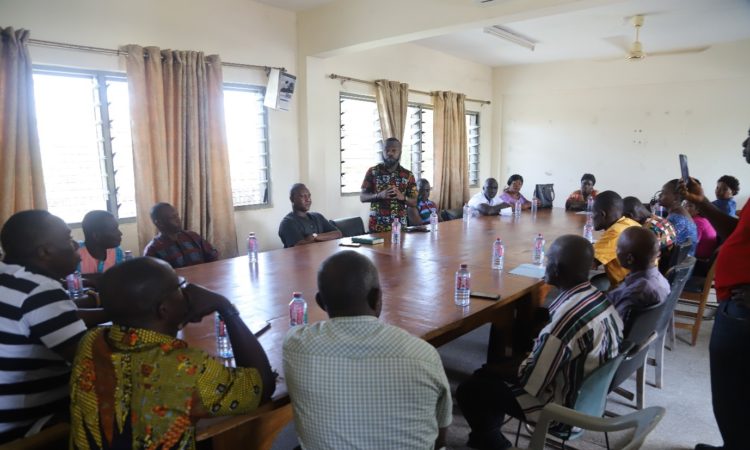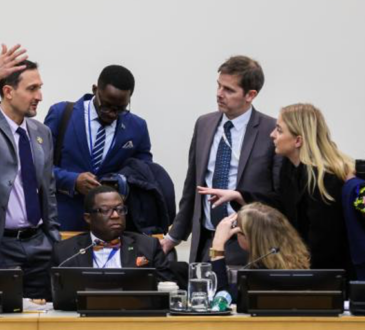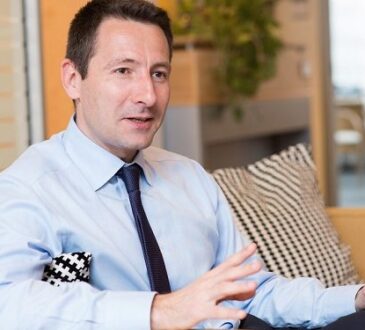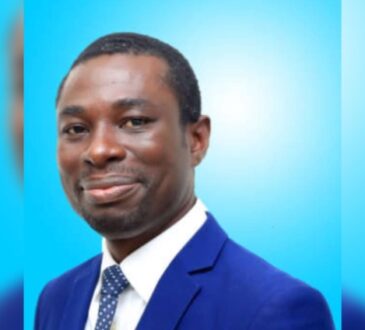
The Sea Chief of Buchanan, Grand Bassa County of Liberia, Wesseh Doko, has called on artisanal fishers in Ghana to consider paying license fees to support the government’s fisheries management efforts.
This, according to him, will push the government to reduce the number of trawlers in Ghanaian waters.
“I am jealous that artisanal fishers in Ghana get all this support from the government even though they do not pay taxes.”
Mr Wesseh Doko made this call during a 10-day study tour by artisanal fisher associations in Liberia to Ghana to learn from members of the Ghana National Canoe Fishermen Council (GNCFC) on how they have been collaborating with the government of Ghana over the last four decades to manage the country’s fishery resources. The Liberia team made up of members from the Liberian Artisanal Fishers Association (LAFA), the Collaborative Management Association (CMA) and the National Fisheries and Aquaculture Authority (NaFAA).
The study tour forms part of the four-year Communities for Fisheries project being implemented by the Environmental Justice Foundation, EJF, in Liberia, with funding from the European Union. The project seeks to reduce illegal fishing and improve the sustainability of fisheries by expanding and strengthening community co-management associations, creating effective capacity for community monitoring and reporting of illegal fishing.
According to the Sea Chief of Buchanan, the government of Ghana’s inability to generate income from local fishers may be the reason for the proliferation of trawlers in Ghanaian waters. Ghana currently has over 75 licensed trawlers, whereas Liberia, which has a longer coastline, has less than ten licensed trawlers.
Mr Doko said fishers in Liberia pay taxes to the government based on the size of their vessels. He said annually, canoes that use paddle pay 50 dollars, while canoes with a maximum of 15 horsepower pay 250 dollars and canoes with 16 to 40 horsepower pay 450 dollars.
For his part, the acting President of the Ghana National Canoe Fishermen Council, GNCFC, Nana Jojo Solomon, emphasised the need for regional collaboration in fighting all forms of illegal, unreported and unregulated (IUU) fishing practices. He, therefore, encouraged artisanal fishers in Liberia to work closely with the government to ensure that the country’s fisheries are managed sustainably. Nana Solomon added that the fisheries sector plays a vital role in the development of every coastal nation and its economy.
The acting President of GNCFC said Ghana’s fisheries have been declining in the last decades affecting the livelihoods and incomes of artisanal fishers. He admonished artisanal or local fishers in Liberia to avoid all forms of illegal fishing to safeguard their livelihoods and provide a future for generations after them.
During the study tour, the fishers were exposed to mechanisms being employed by GNCFC to efficiently collaborate with the government to manage the sector. The team toured the four coastal regions of Ghana, Volta, Greater Accra, Central and Western, and interacted with fishermen, fish processors, clam processors, traditional authorities, leadership of the GNCFC, FCWC, CEWEFIA, and staff of the Fisheries Commission.







